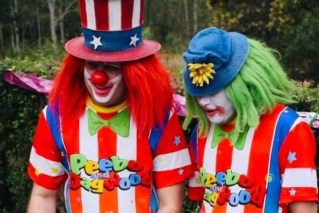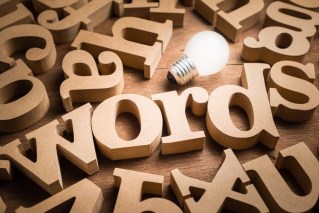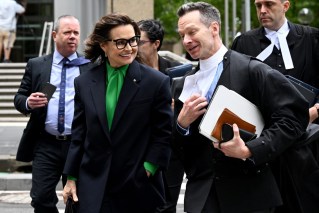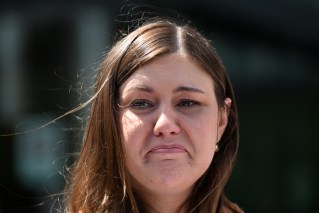Maybe a $75b spendathon can’t buy you love, but it will get you plenty of likes
With an approach that is unrecognisable from the government’s stance just a year ago, Josh Frydenberg has moved the government closer to re-election, and closer still to success in Queensland, writes Dennis Atkins

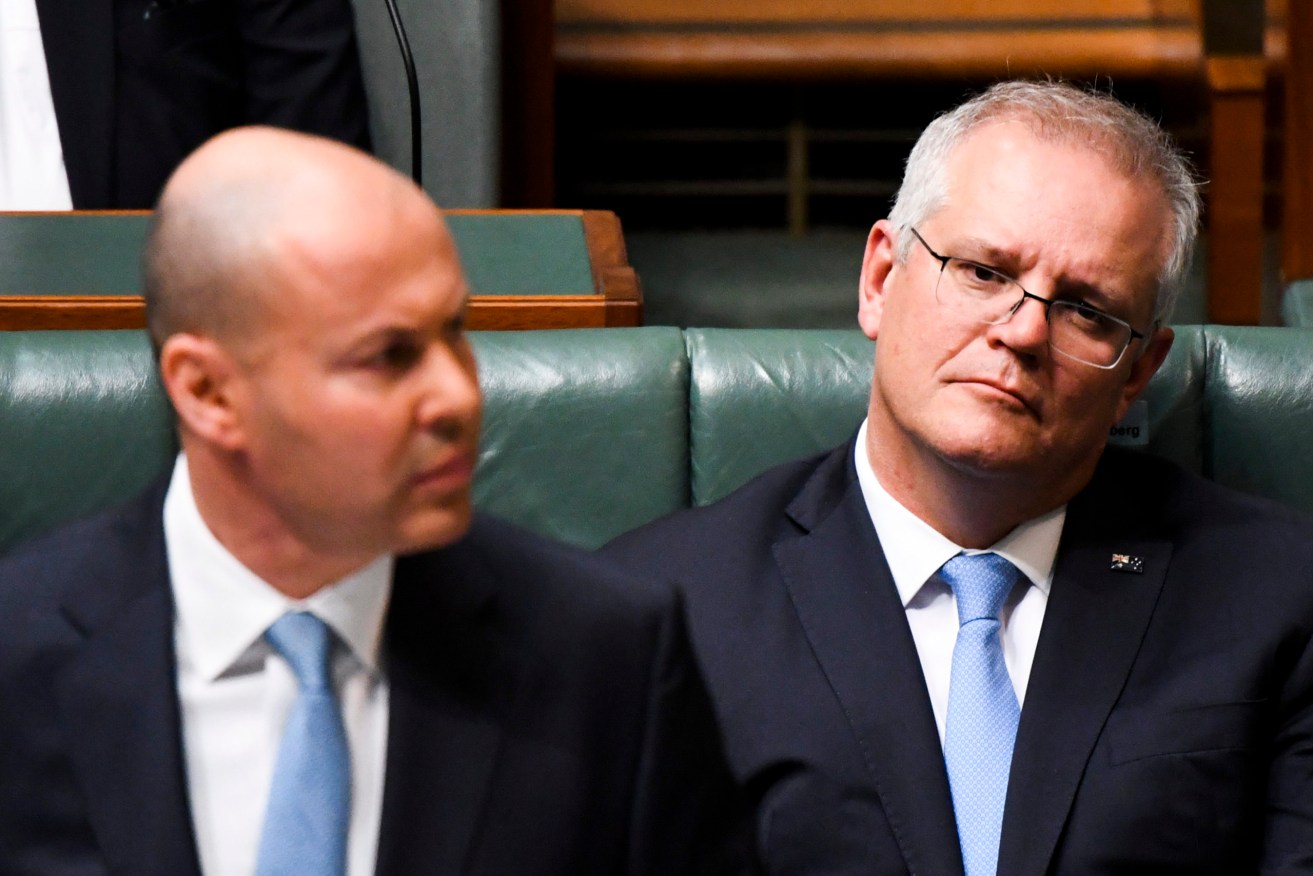
Australian Prime Minister Scott Morrison listens to Australian Treasurer Josh Frydenberg handing down his third Federal Budget in the House of Representatives at Parliament House. (AAP Image/Lukas Coch) N
One of the federal budget’s missing links is a calculated gamble by Scott Morrison to hold his regional and outer suburban seats in Queensland at an election still most likely at about grand final time this year.
The climate and energy policy advocates are already shouting about the lack of anything new in a budget which splurges about $75billion across an “every player wins a prize” approach to fiscal policy.
The government says they rolled out their new roadmap for energy transformation a few weeks ago, aimed mainly at slouching towards a net-zero emissions target using gas fired power as a crutch.
They’ll back this with a mix of sloganeering – “technology not taxes” – and crude nationalism about not having our policies set in United Nations forums.
This sets up a debate with Labor – pushing the Opposition into a more bullish approach to emissions reduction.
This is meant to be reassuring to working families in communities where men work with their hands, drive RAM twin cabs and probably used $10,000 from their super to buy a Harley last year.
In Queensland that includes the ring of seats around Brisbane and those coastal electorates from Gladstone to Cairns which went off like a frog in a sock for Morrison in 2019.
The prime minister wants those frogs jumping again this year and the sound of a heated debate about climate – with Labor painted as “extreme” – could agitate them.
That’s one side of the raw politics in this extraordinary budget – the like of which hasn’t been delivered by a conservative government since the Menzies post-war reconstruction efforts in the early 1950s and those were modest by comparison.
There’s doubt about its origins, but the maxim “never let a good crisis go to waste” is in the preface of any decent economic shock playbook. Treasury Secretary Steven Kennedy knows this as well as anyone and his advice is woven through Josh Frydenberg’s latest policy prescription.
For one thing, Kennedy knows effective fiscal policy needs a long tail and loses its impact quickly if spending is curtailed too quickly. Austerity can be its own worst enemy.
This is one reason Frydenberg is taking advantage of the cheap money available and rolling out such large dollops of stimulus, beyond the essential policy imperatives like aged care and childcare.
It’s almost impossible to reconcile what the Treasurer has done this week with what he was saying just 10 months ago when he sought inspiration from the professed deficit hawks of conservative politics, Ronald Reagan and Margaret Thatcher.
Smarting at criticism for his “Keynesian approach” last June, Frydenberg said it was important to look at the supply side of the economy.
“Thatcher, Reagan, that’s an inspiration,” he told the National Press Club. “Supply side can actually help create and strengthen the economy and that is what we are determined to do, provide (a) boost to aggregate demand, where appropriate, but to encourage supply-side reform because that will be important to the recovery.”
That seems so long ago.
As well as wise advice from Kennedy, the government has probably seen the electoral dividend from playing to the electorate’s new-found enthusiasm for big and activist government.
It’s one of the lessons from the pandemic when people looked to governments to act, to help and to solve problems. Trust in government, which had been in the public opinion basement for a couple of decades, swung back into vogue and hasn’t faded yet.
This means as well as the must-do measures to address neglect in aged care and take advantage of the opportunities in backing in child care, the government is looking at a wider social services agenda.
There is extra cash for the national disability insurance scheme which will become part of future spending and some imaginative and worthwhile initiatives on mental health.
There’s also lots of money for infrastructure although in the way of these things it’s now impossible to work out what’s new funding, where it’s actually going to go and whether it will happen in our lifetime.
That road and rail package might be overpromising and underspending but it gives candidates plenty to talk about in electorates where the cash is allegedly being splashed.
Of course, the measure of whether the Coalition is a convert to a more activist government role will be taken in the years 2022/23 and beyond. Luckily for Frydenberg and Morrison the “beyond” mentioned is also the other side of the election.
This Budget makes the election easier to win, the vital Queensland seats easier to defend and allows the prime minister to roll out his “how good is (fill in the target audience)” cliches for the coming contest.
Even $75billion might not buy you love but it can rent it.
What will the budget mean for you, your family and your business? Tomorrow, InQueensland, in partnership with BDO, will bring you an in-depth analysis of this historic budget – delivered directly to your in-box. Don’t miss this special Federal Budget Insight, brought to you by BDO (Thursday May 13)

